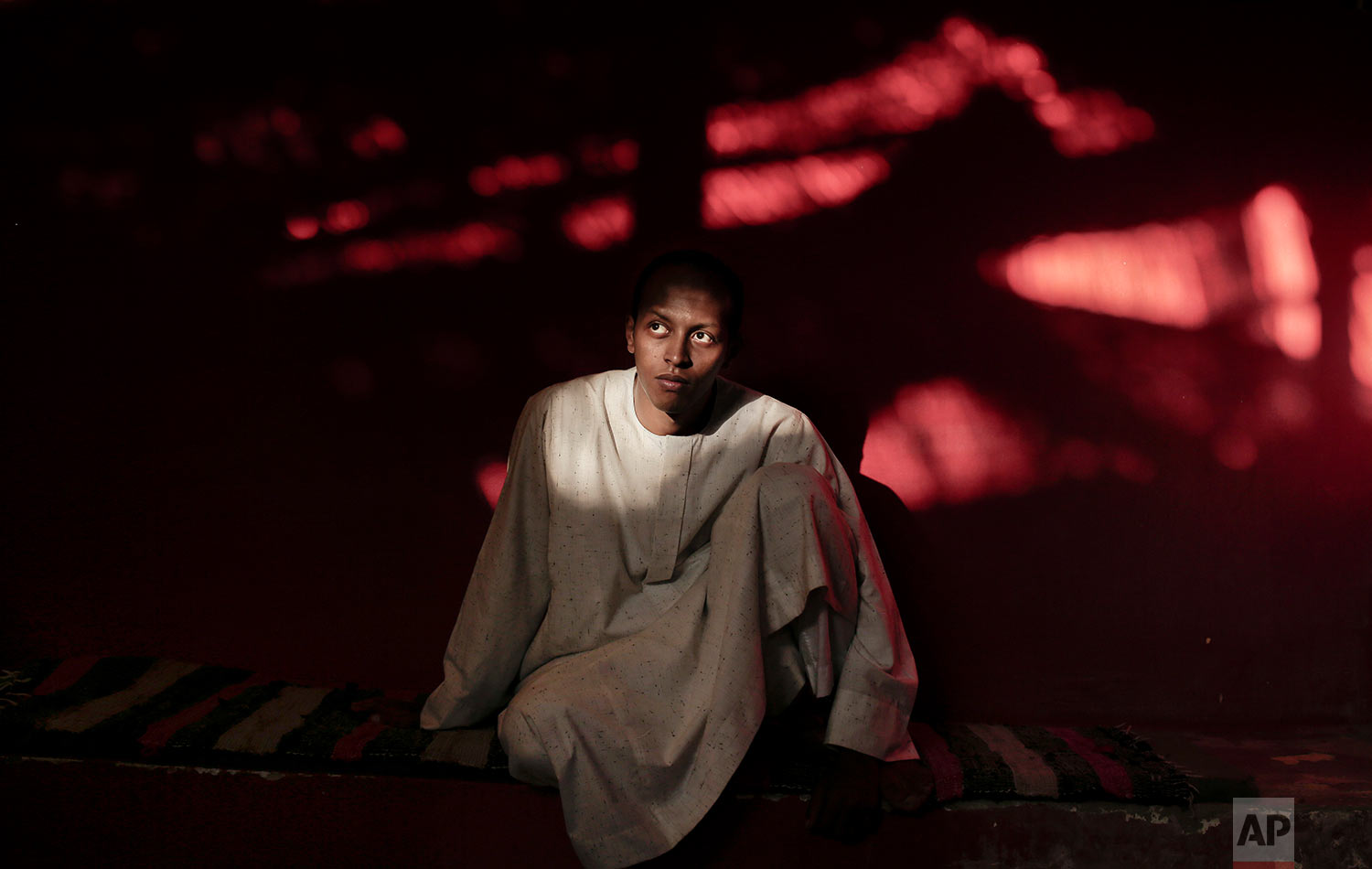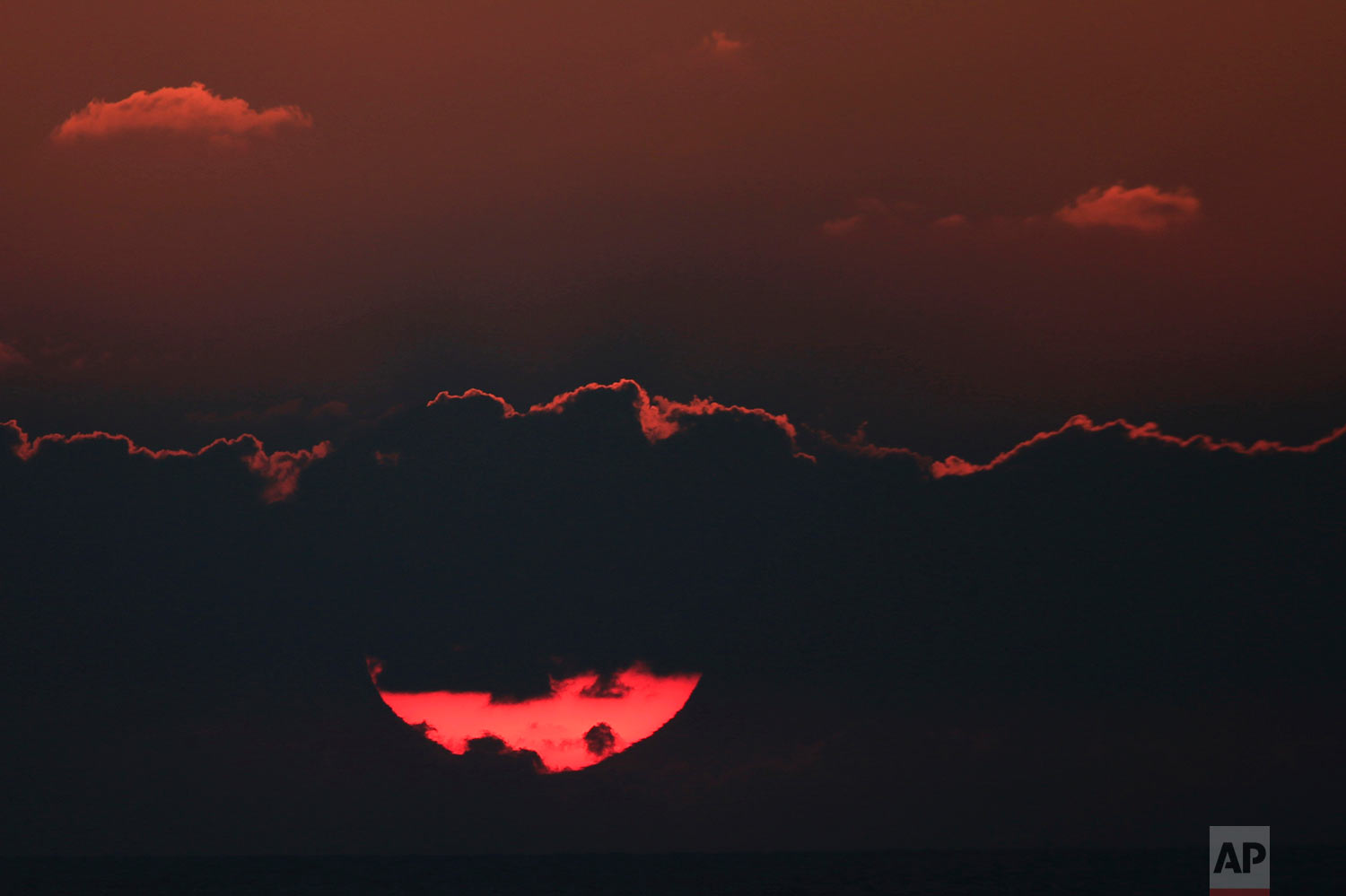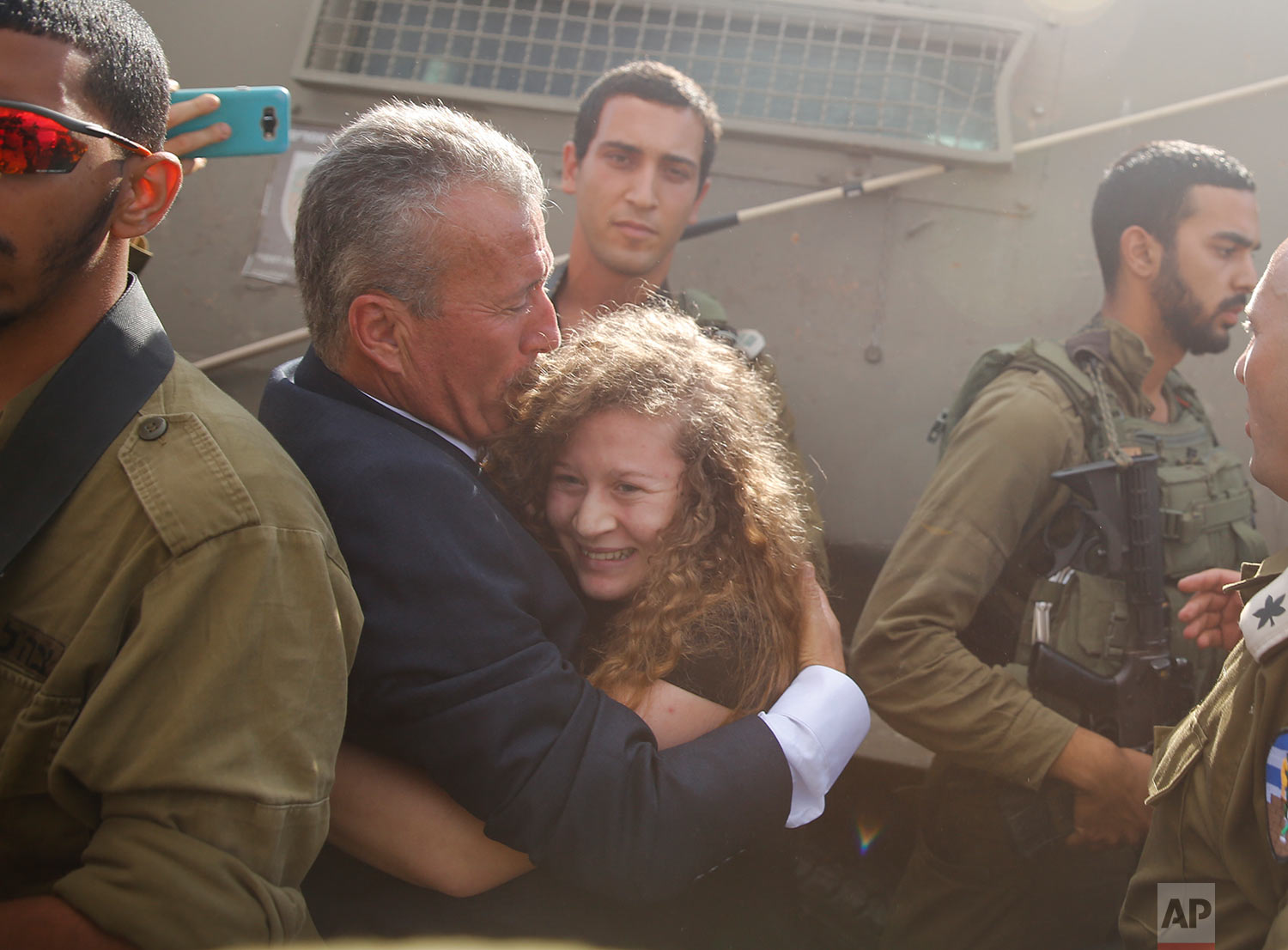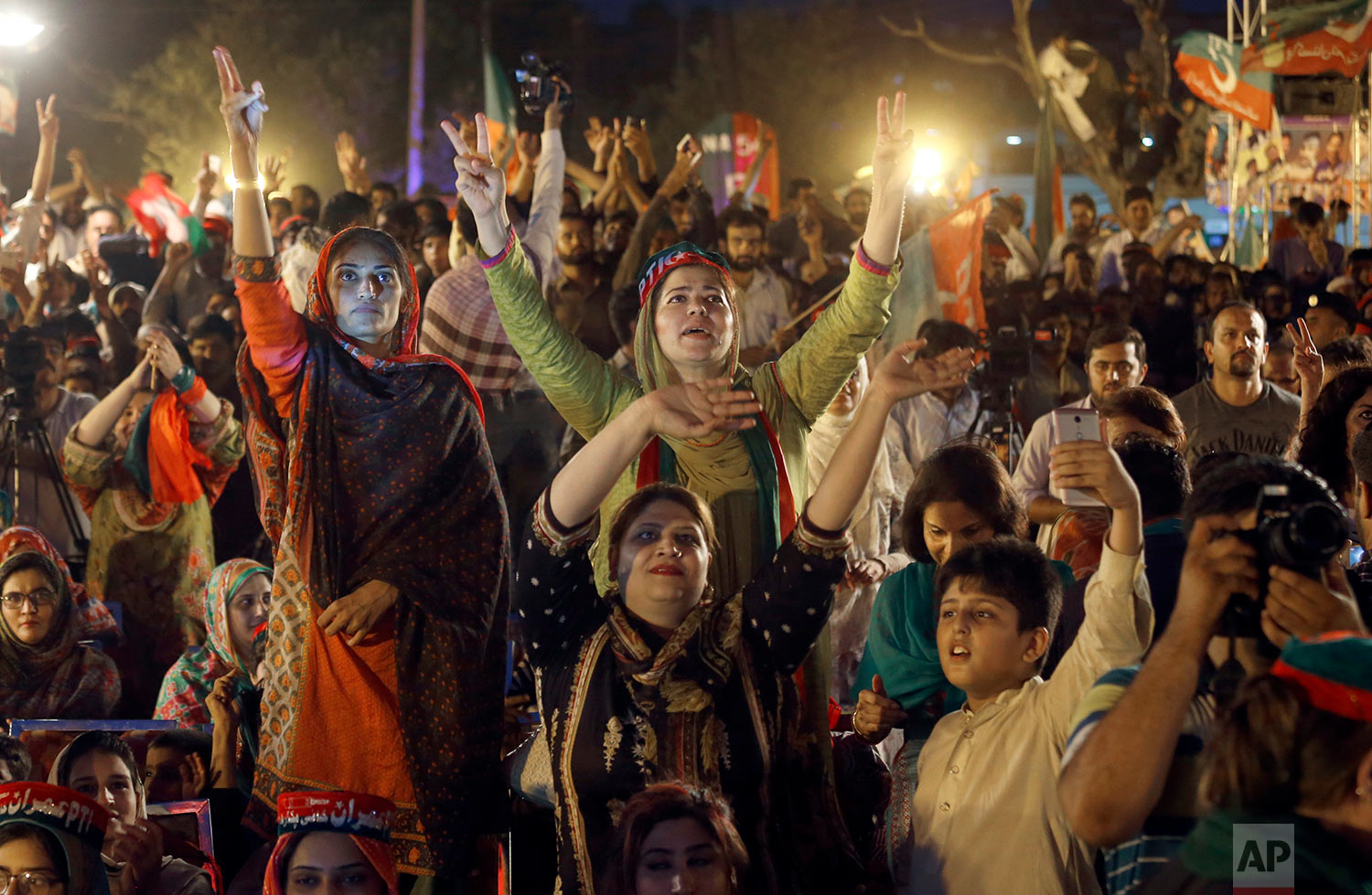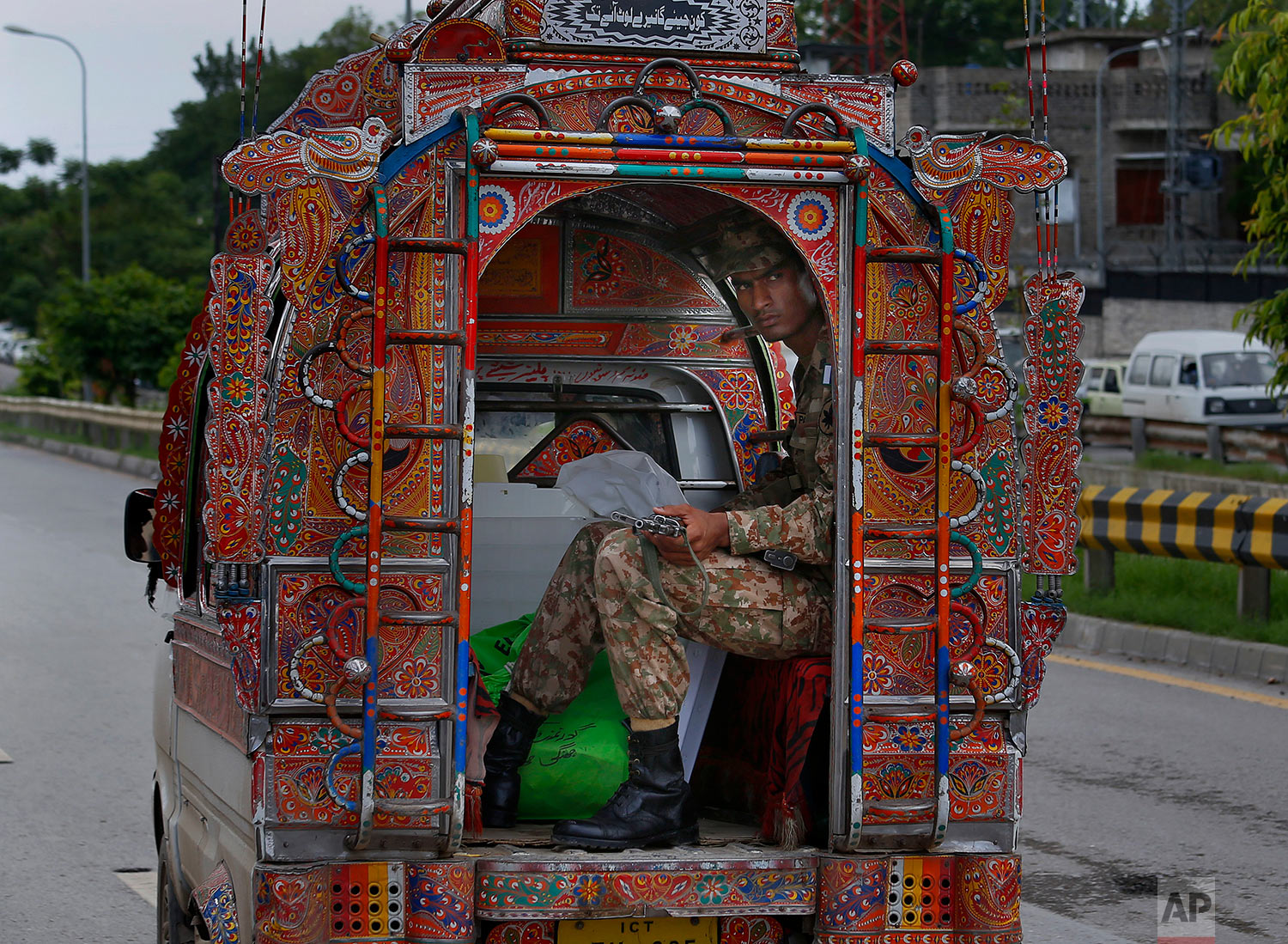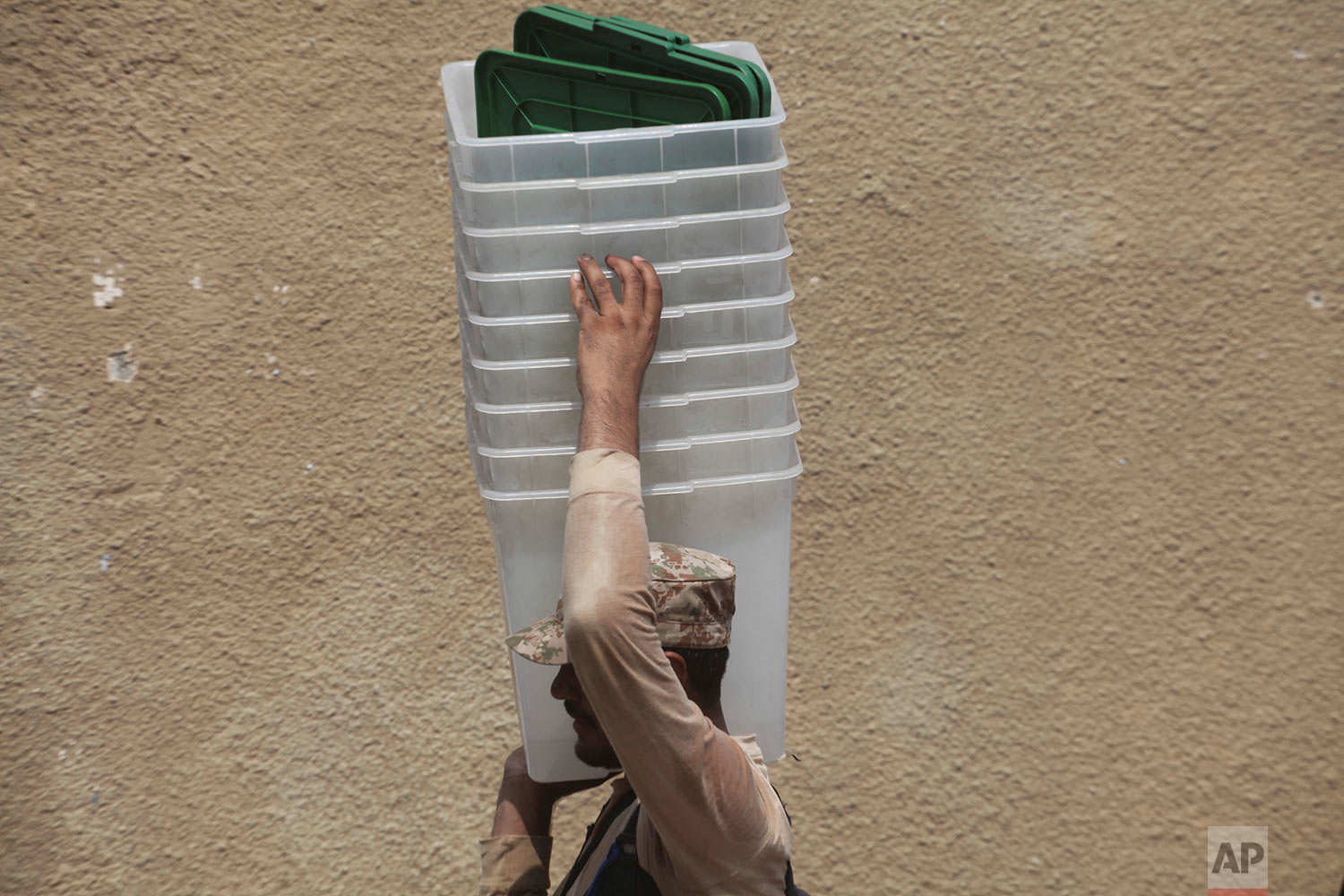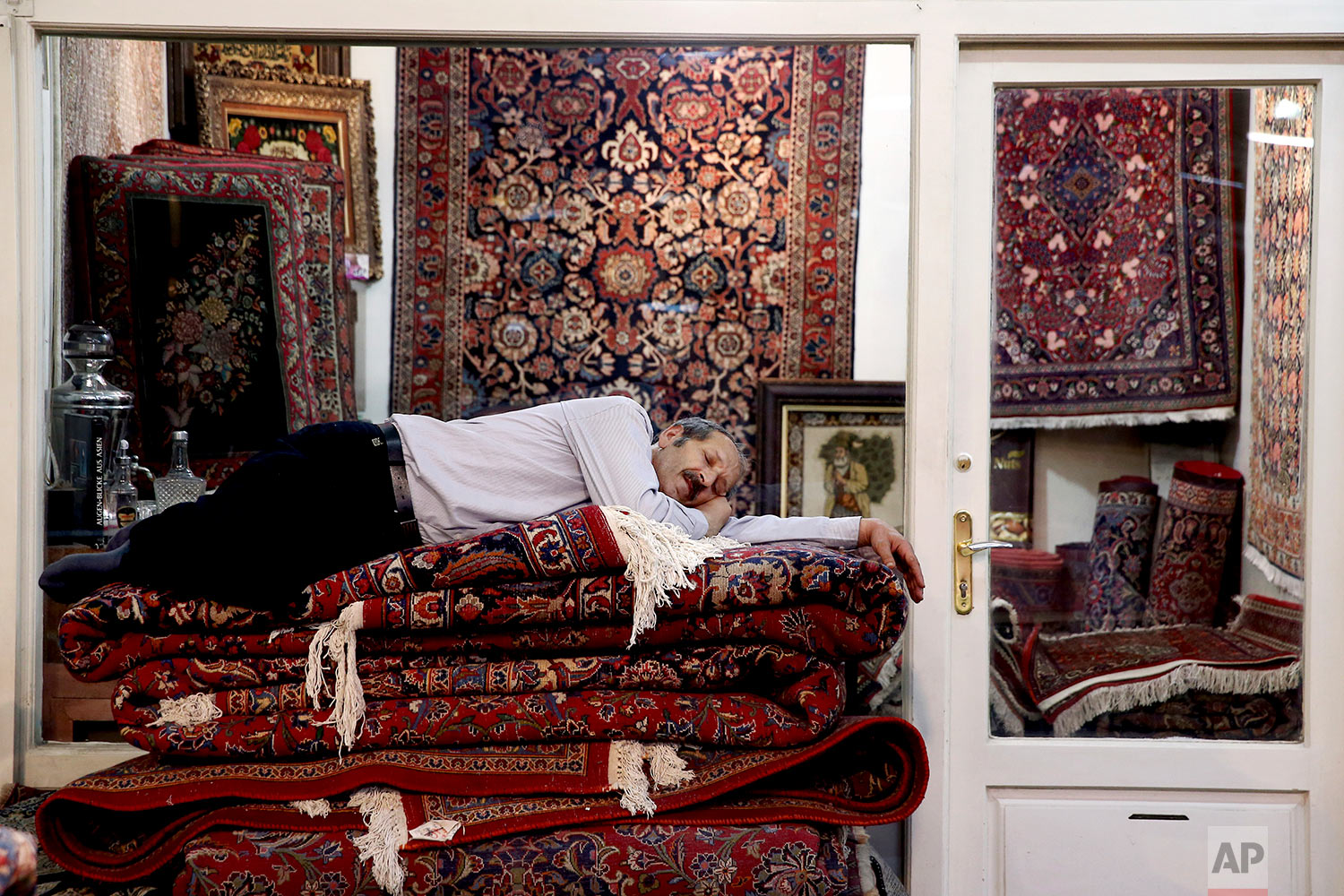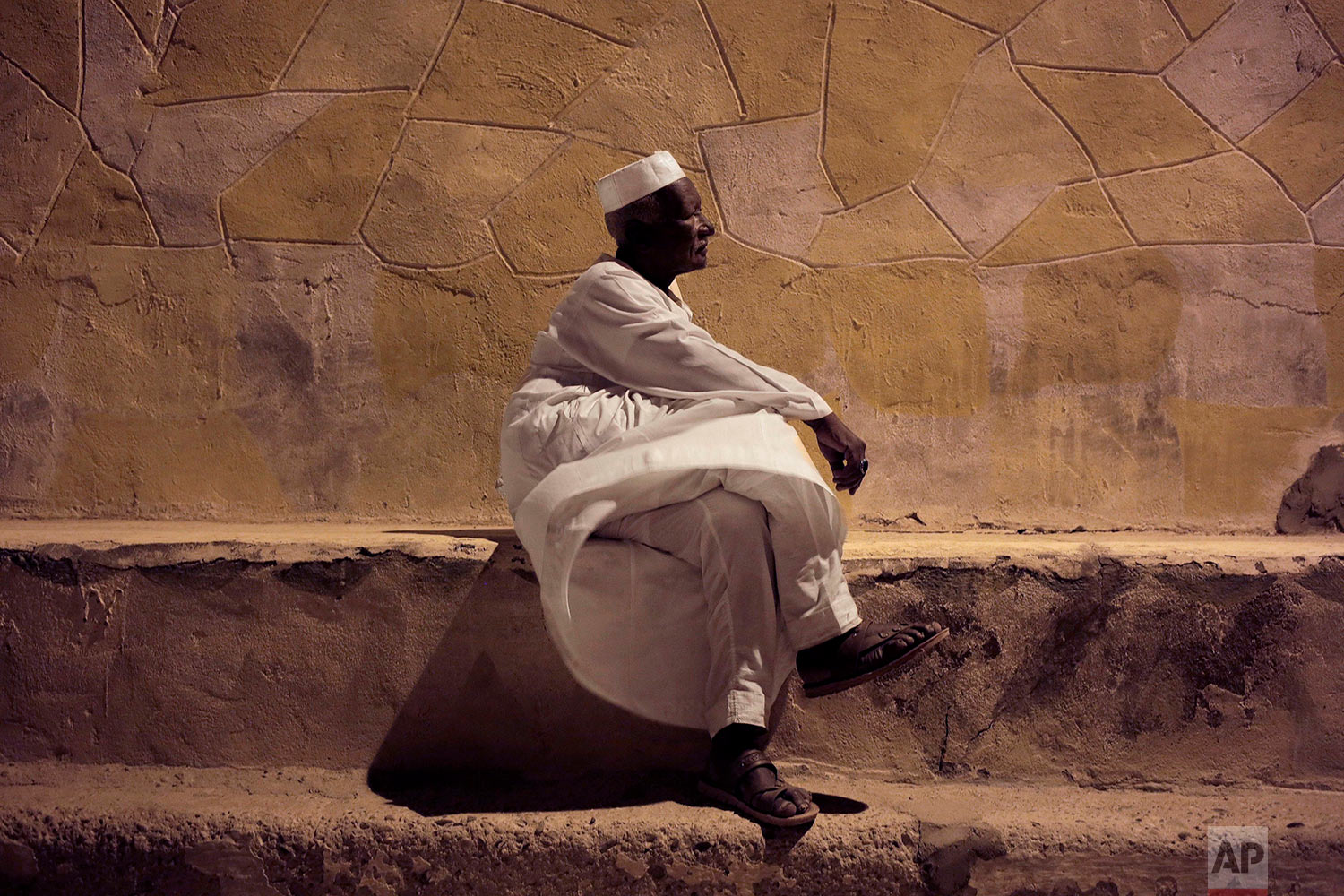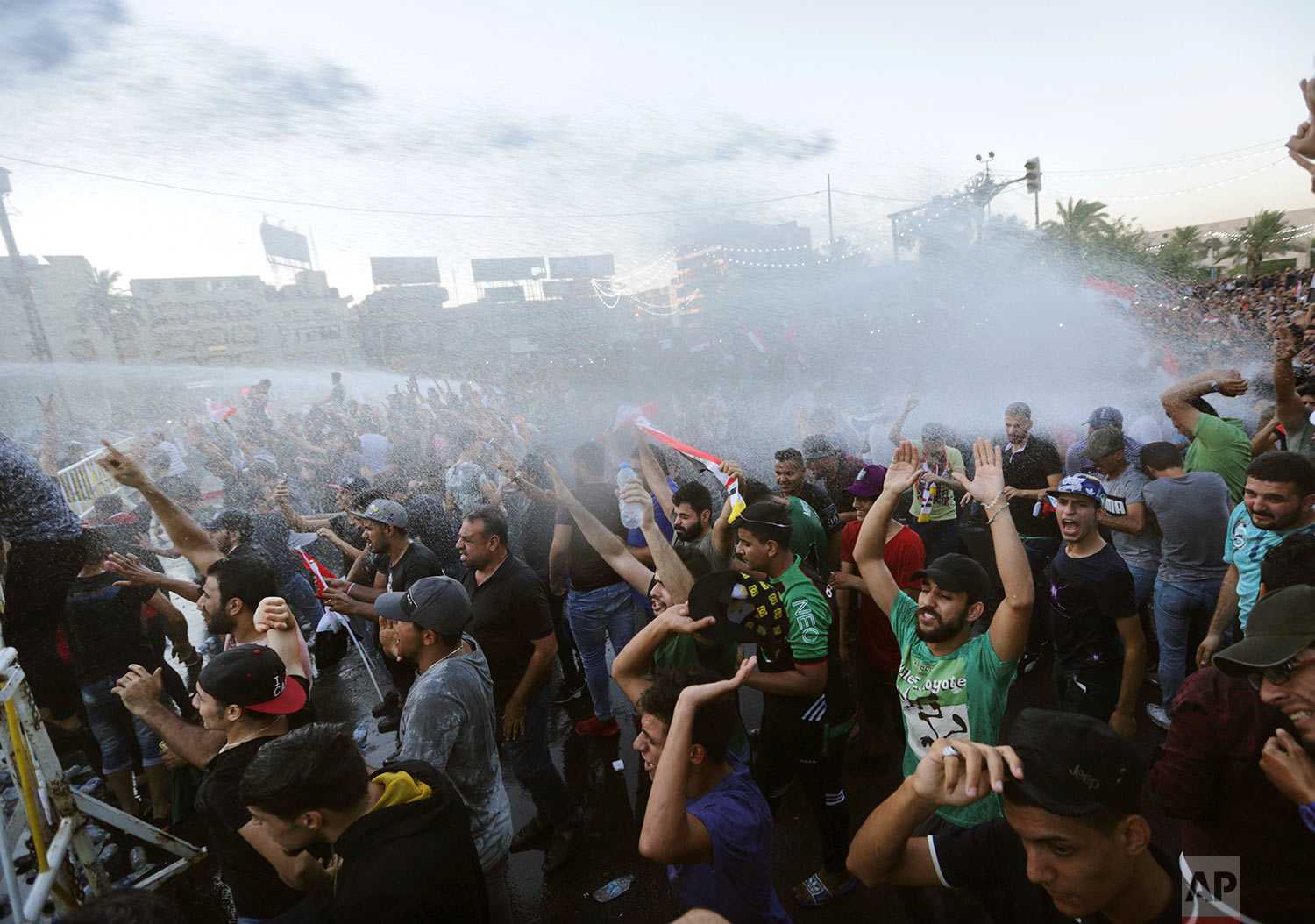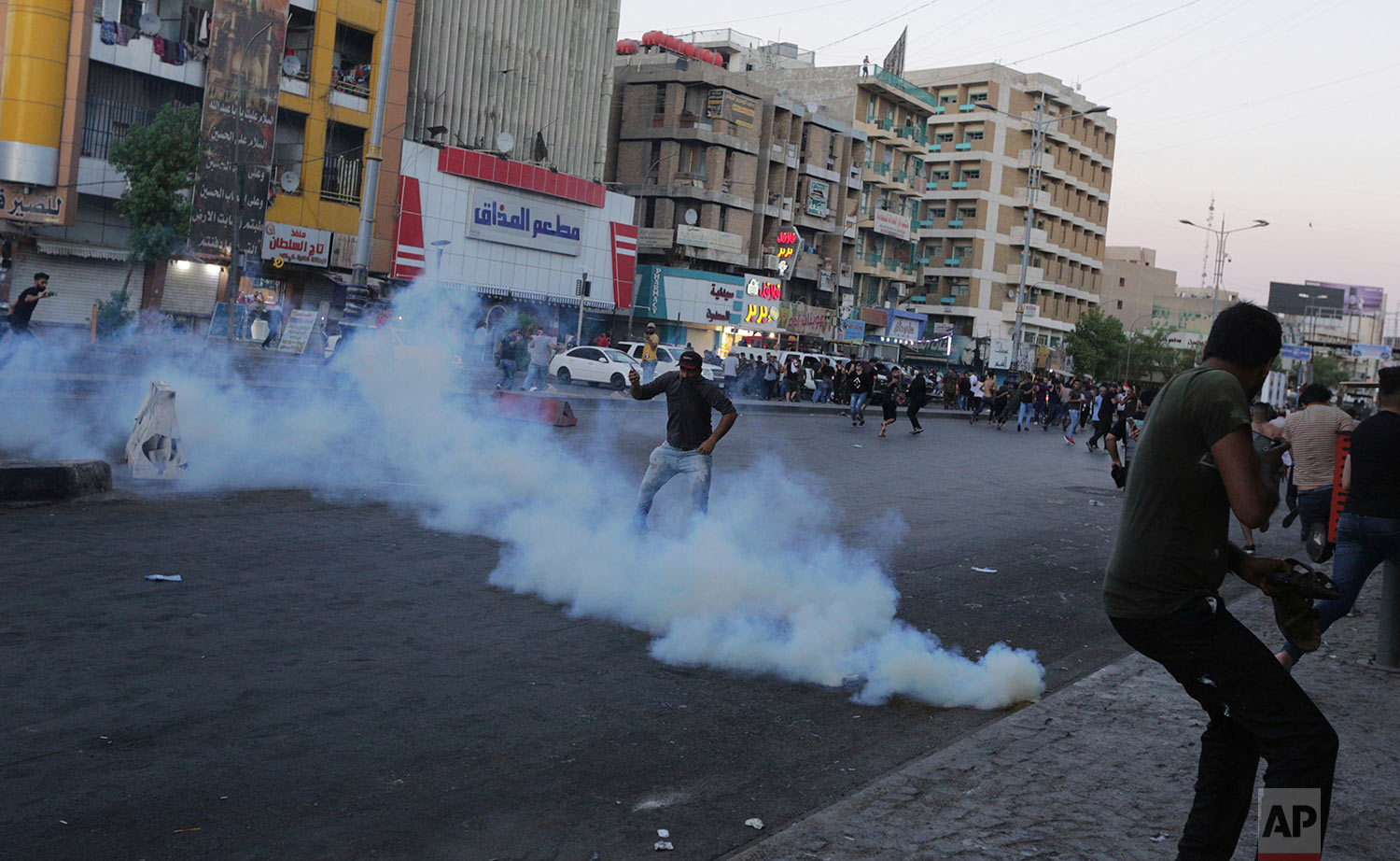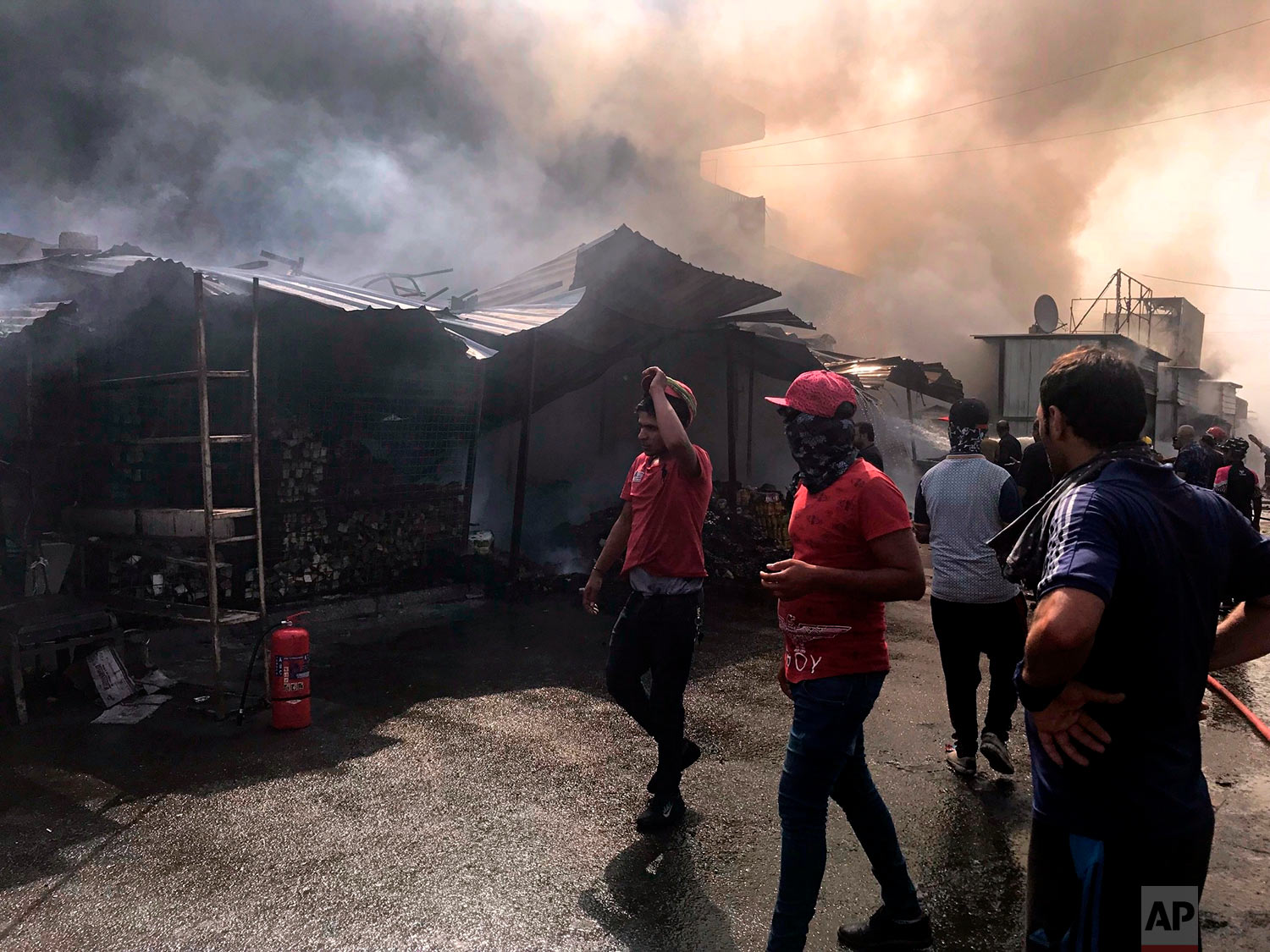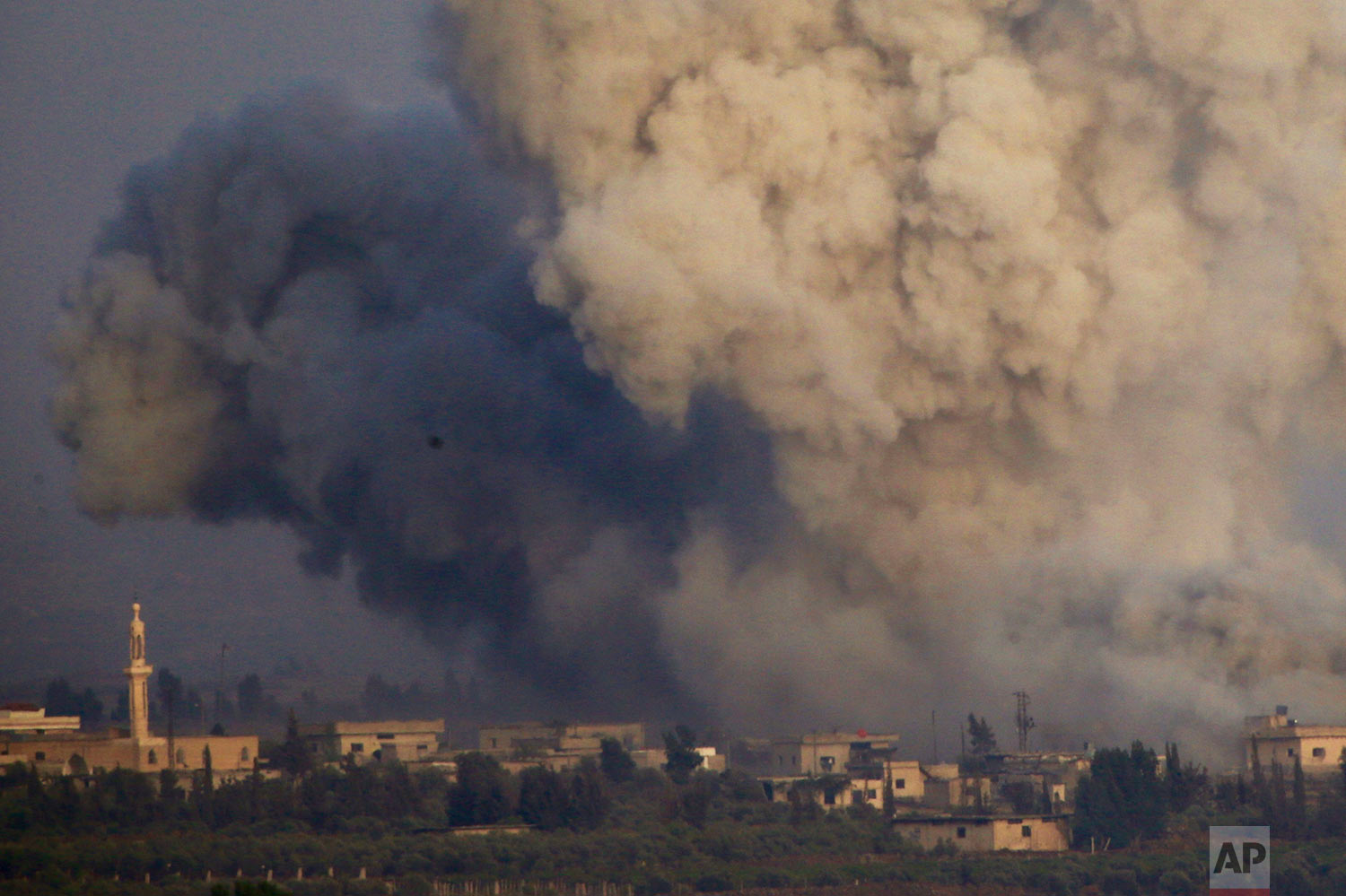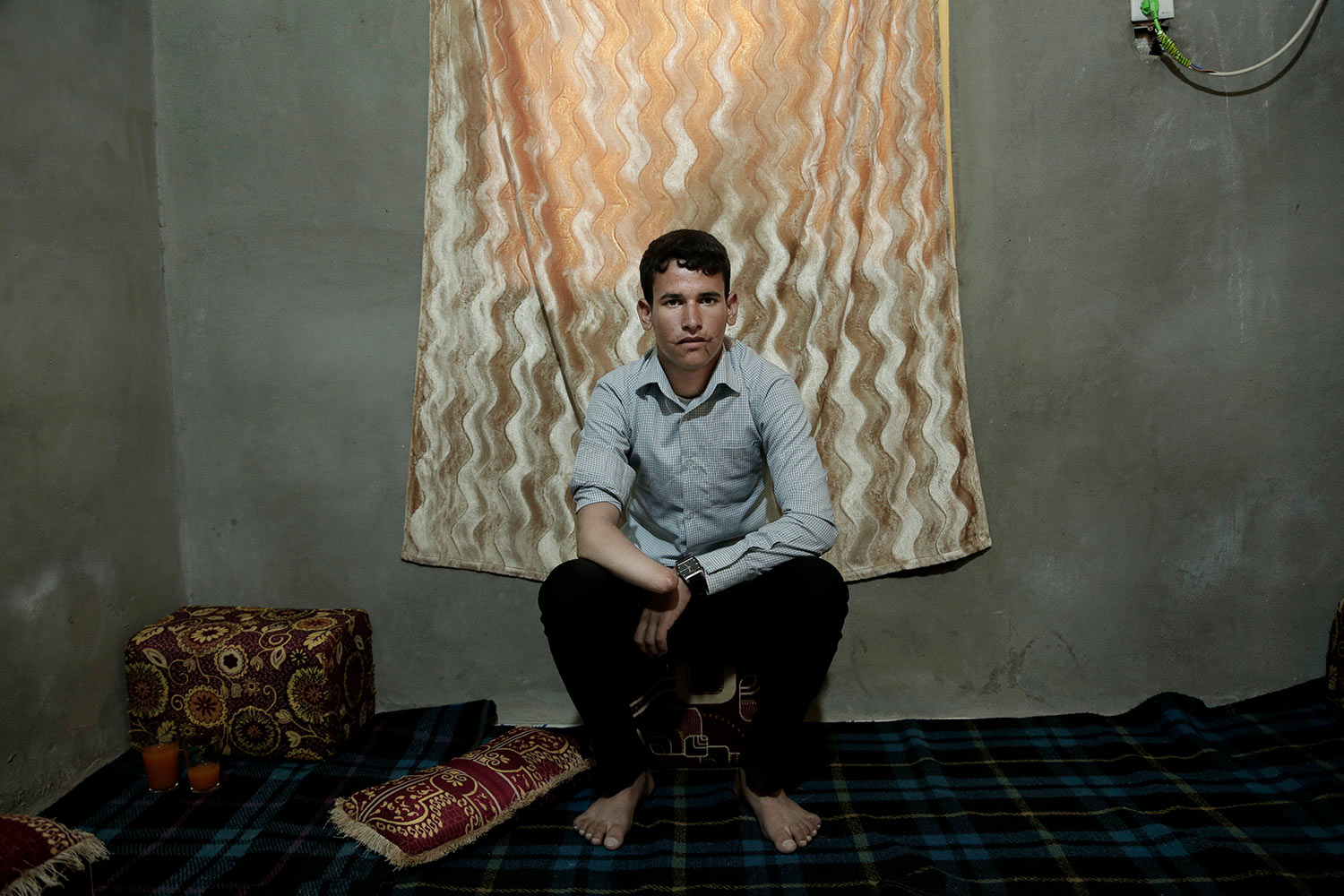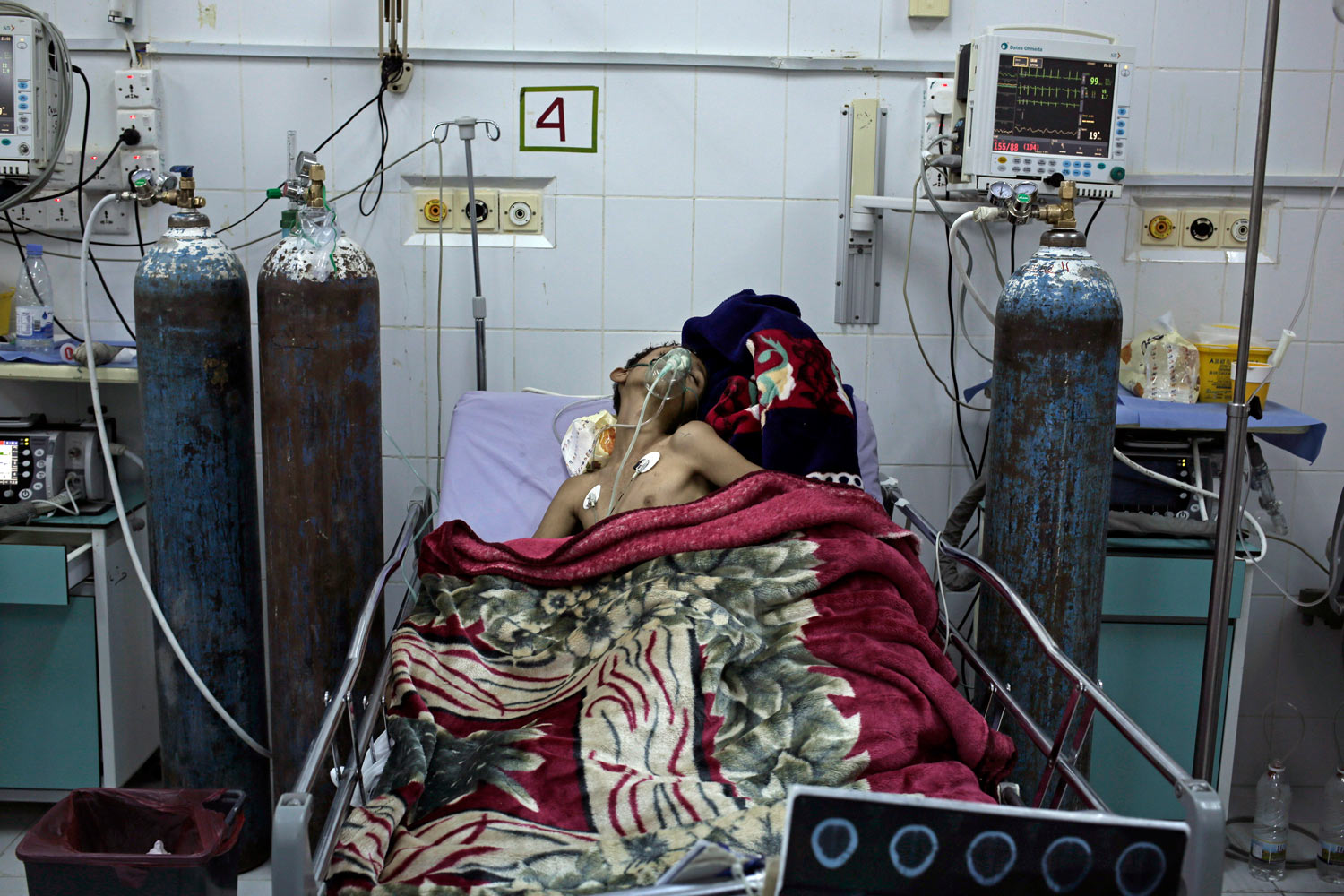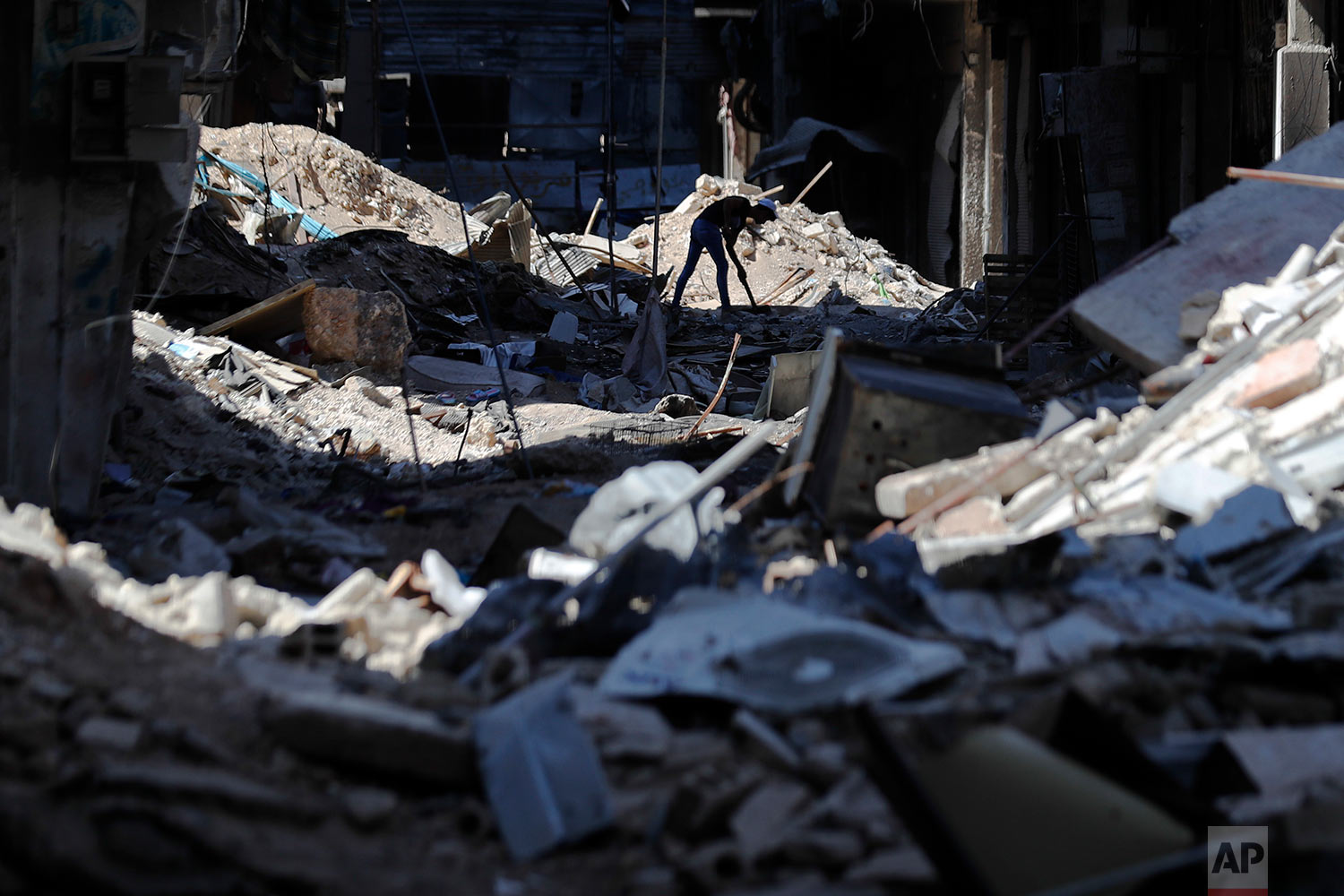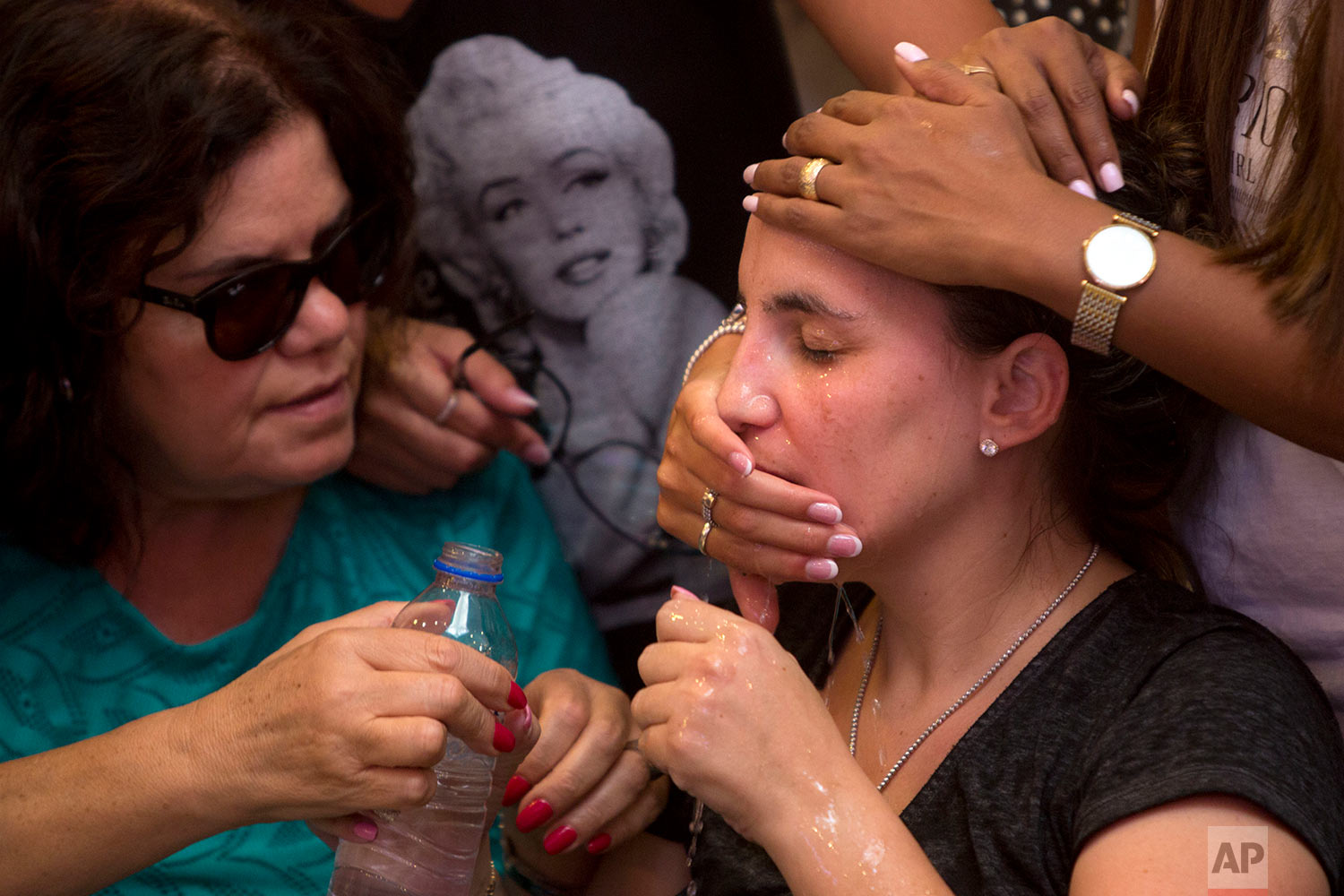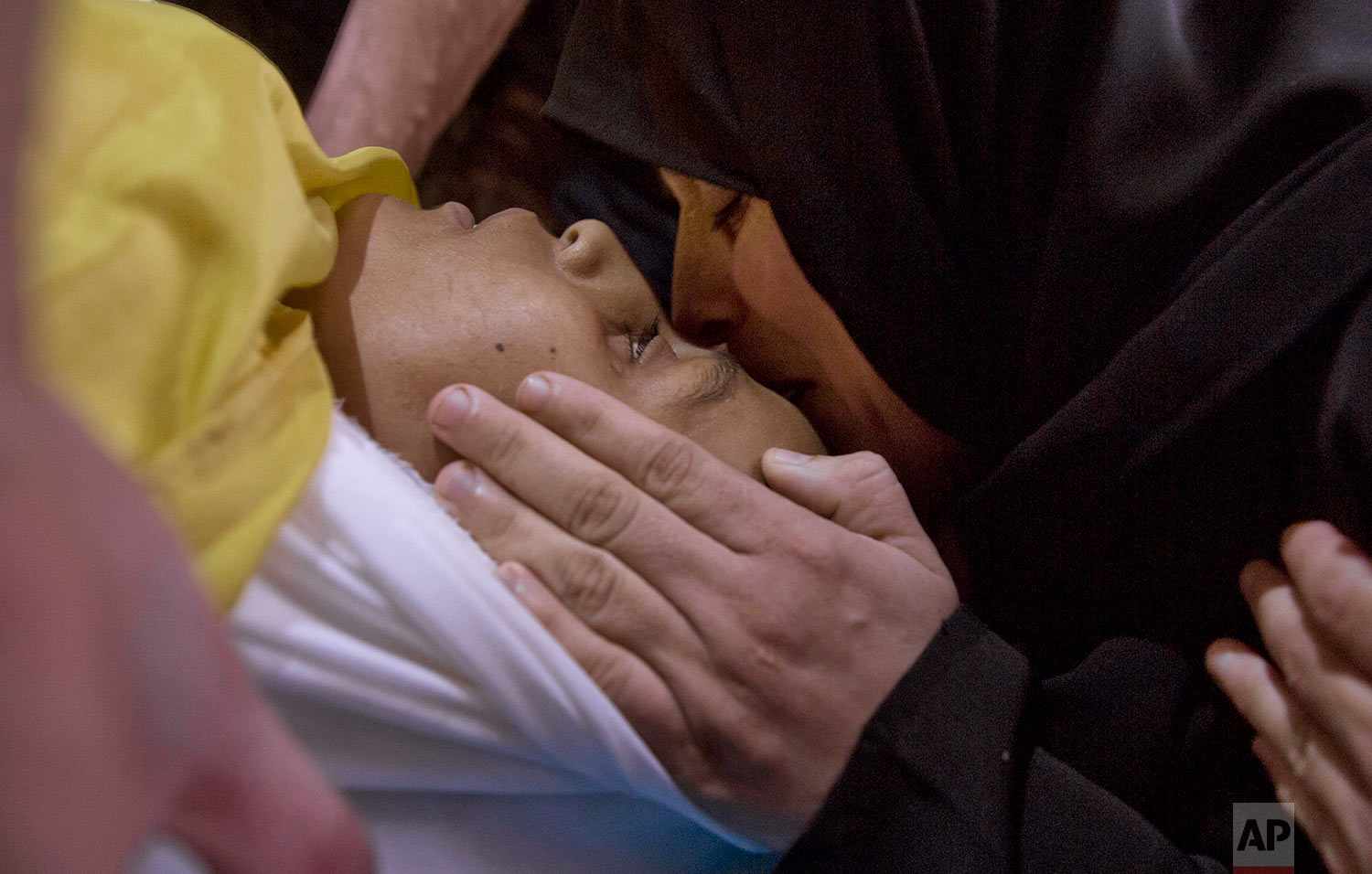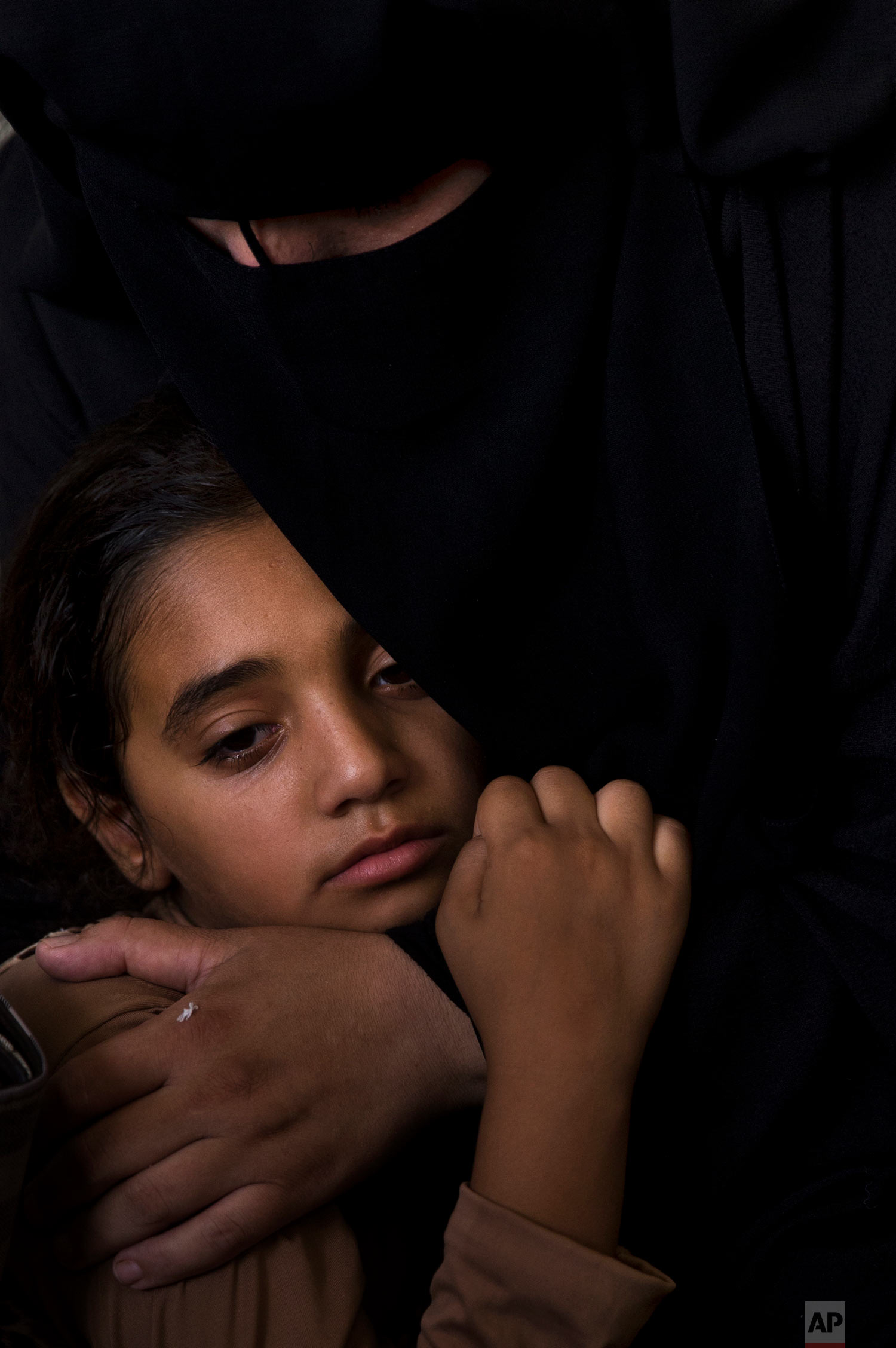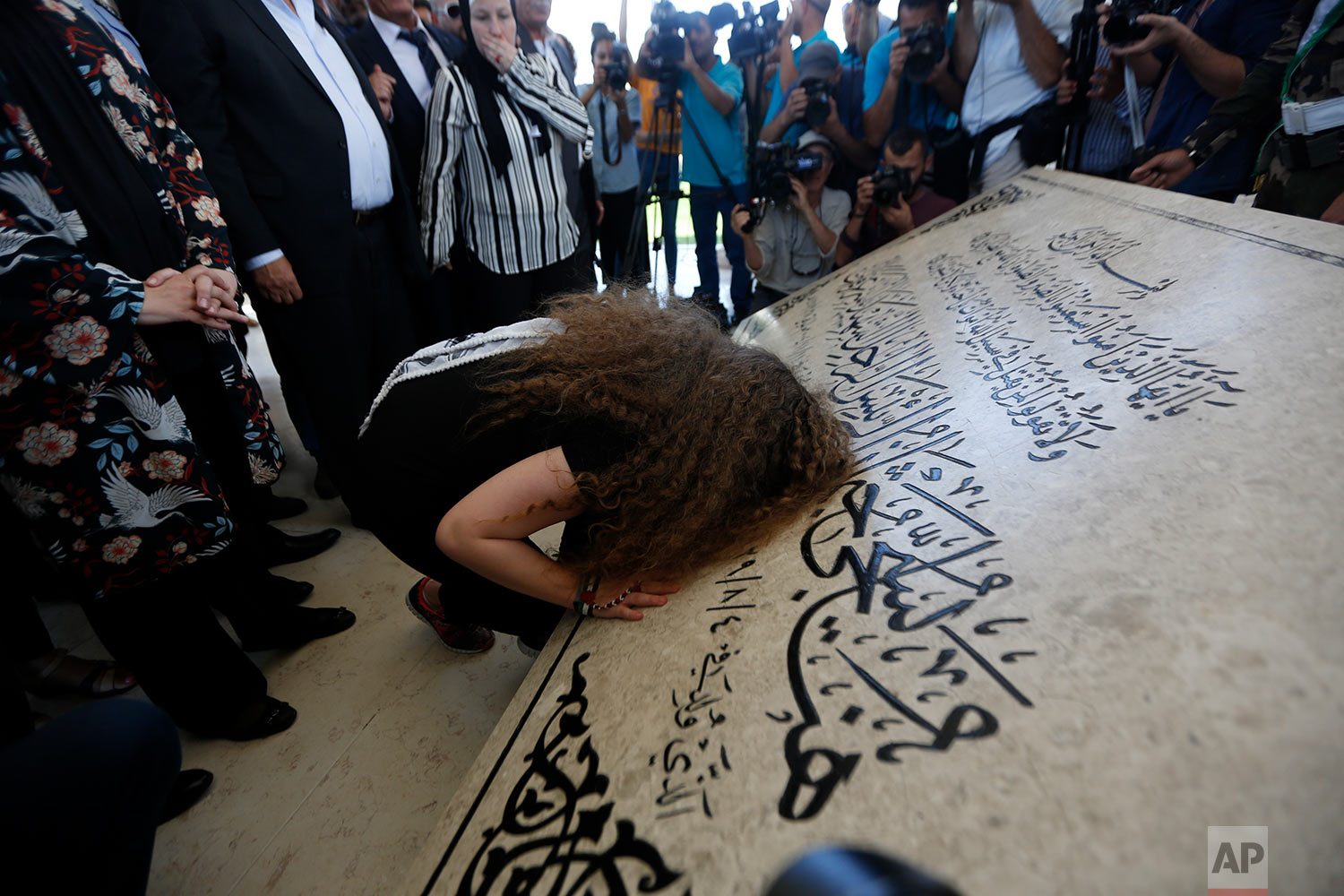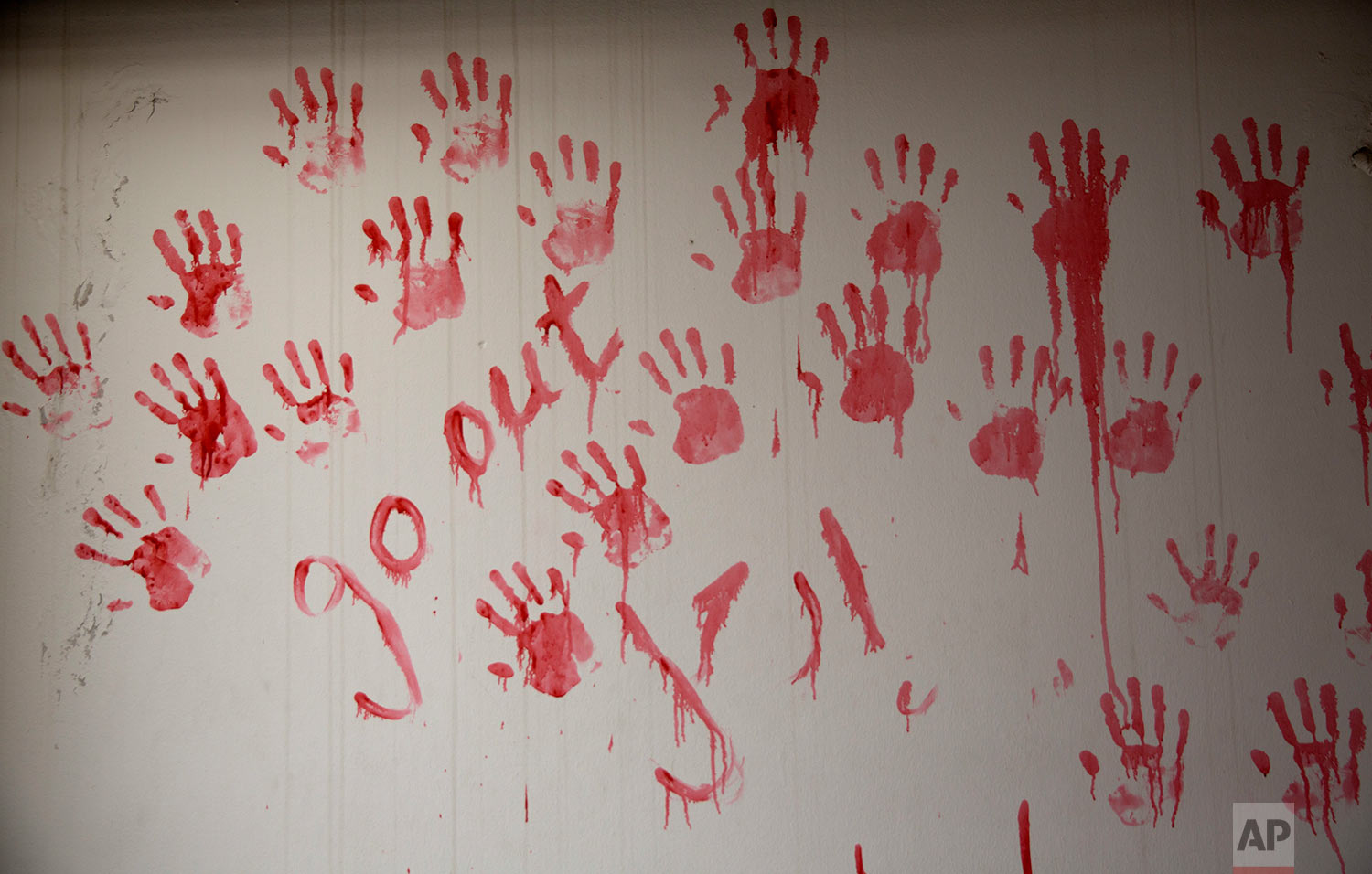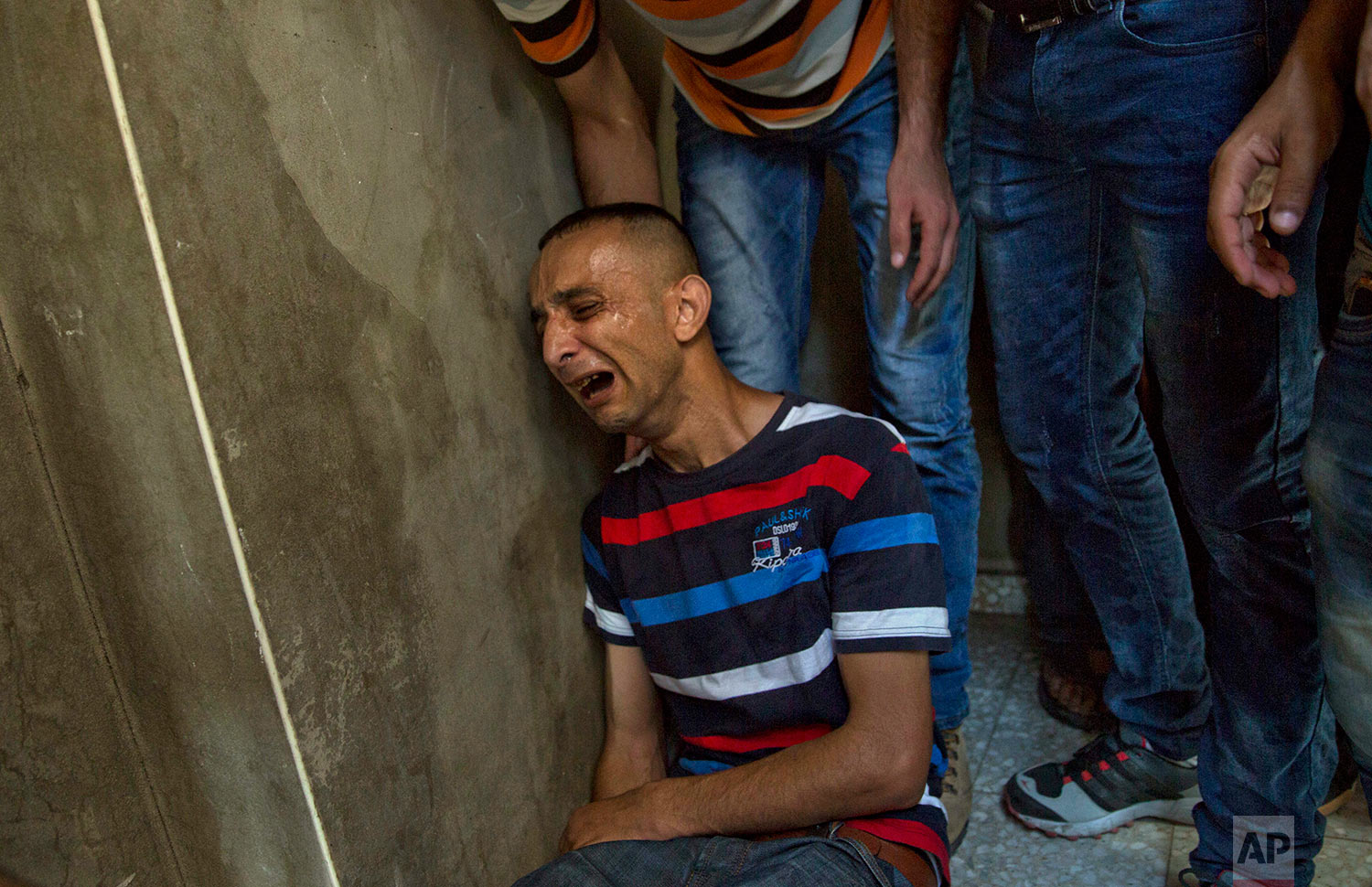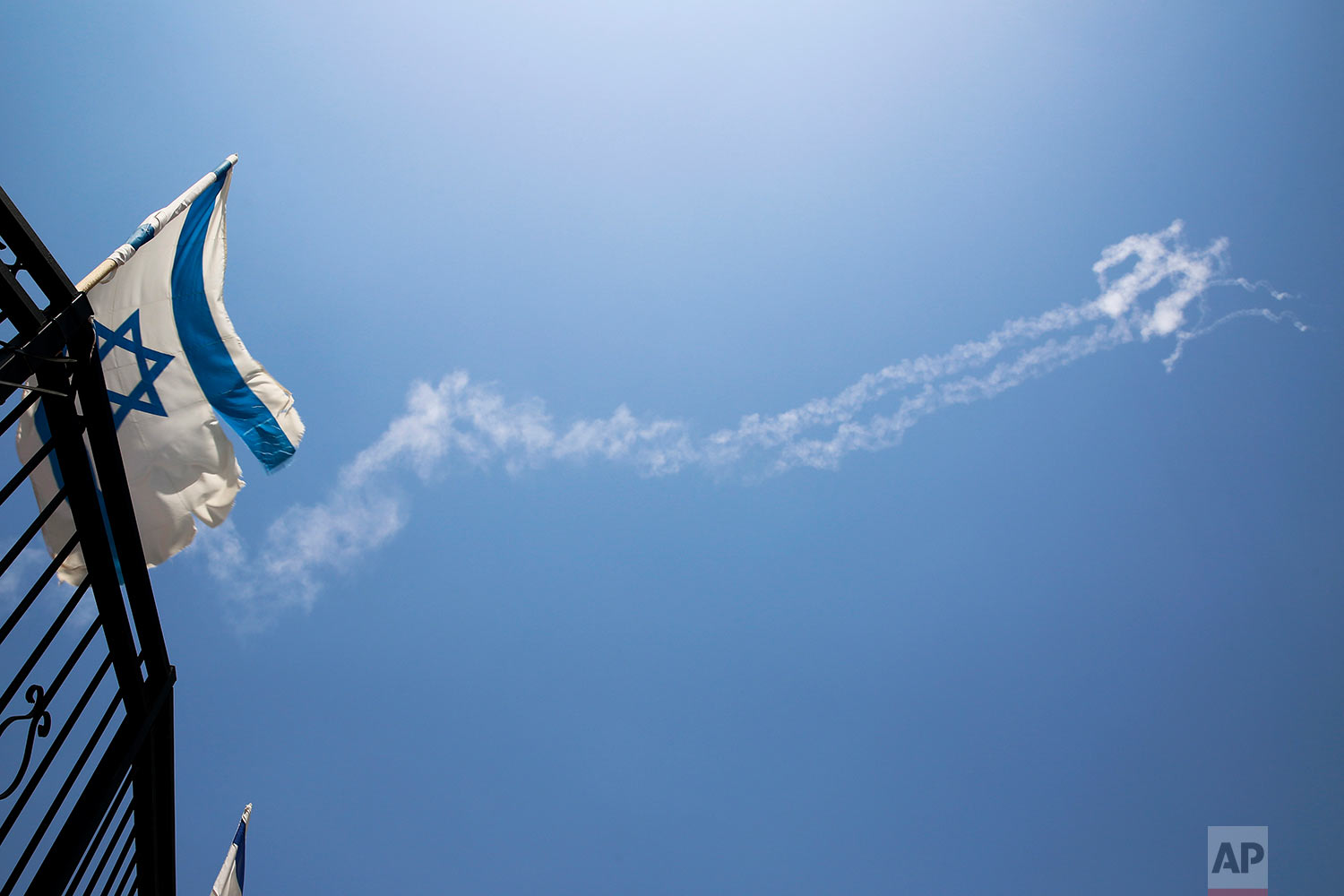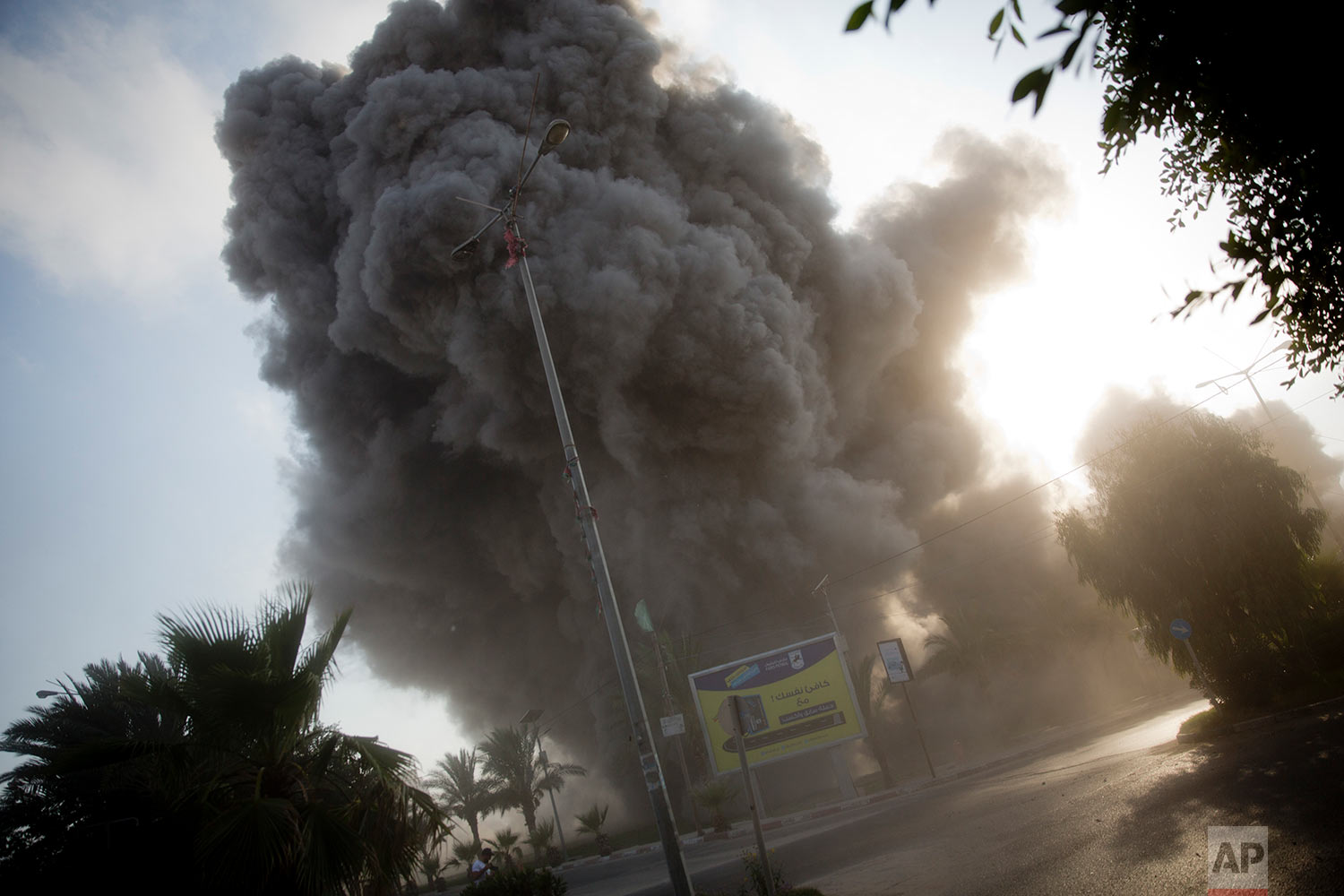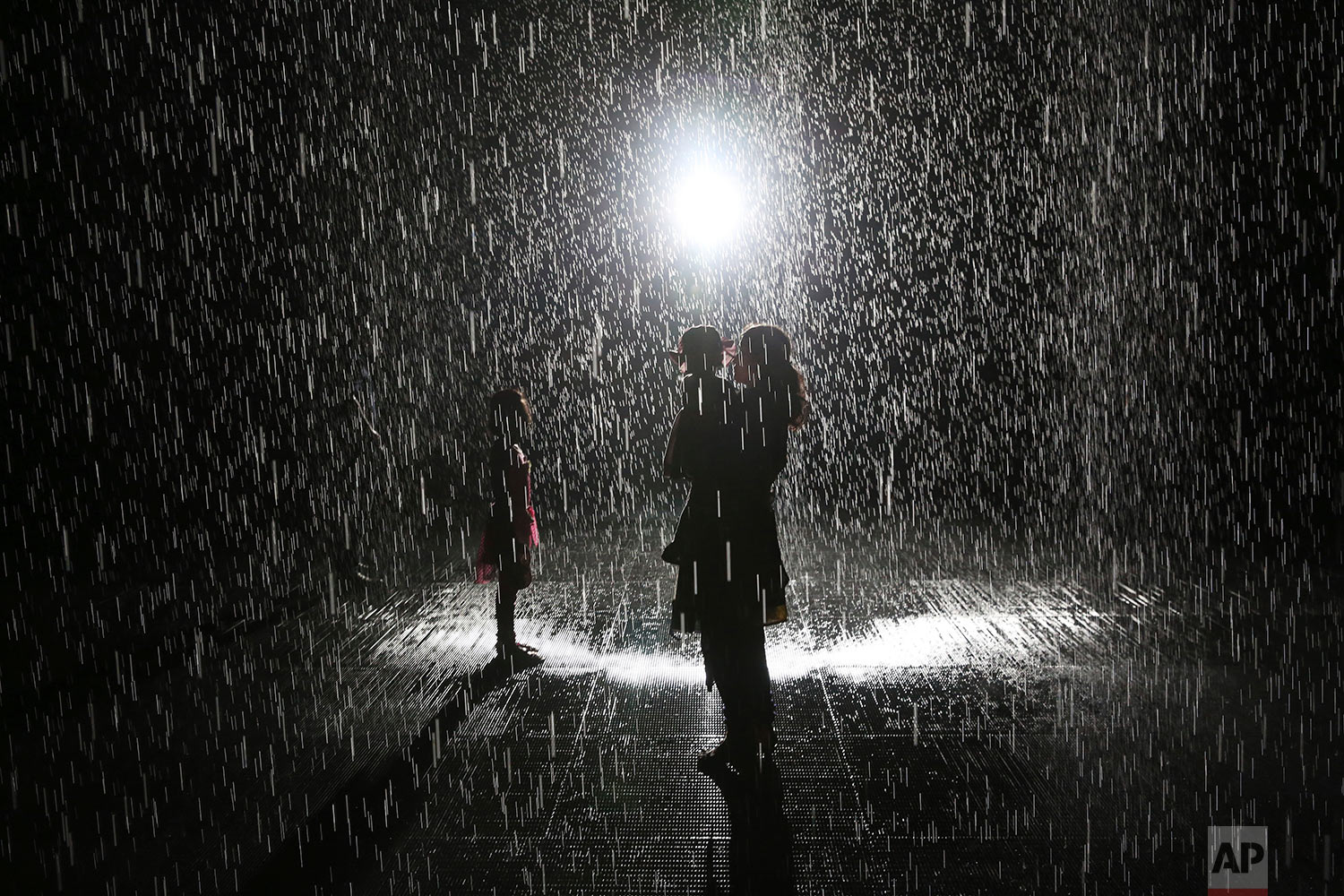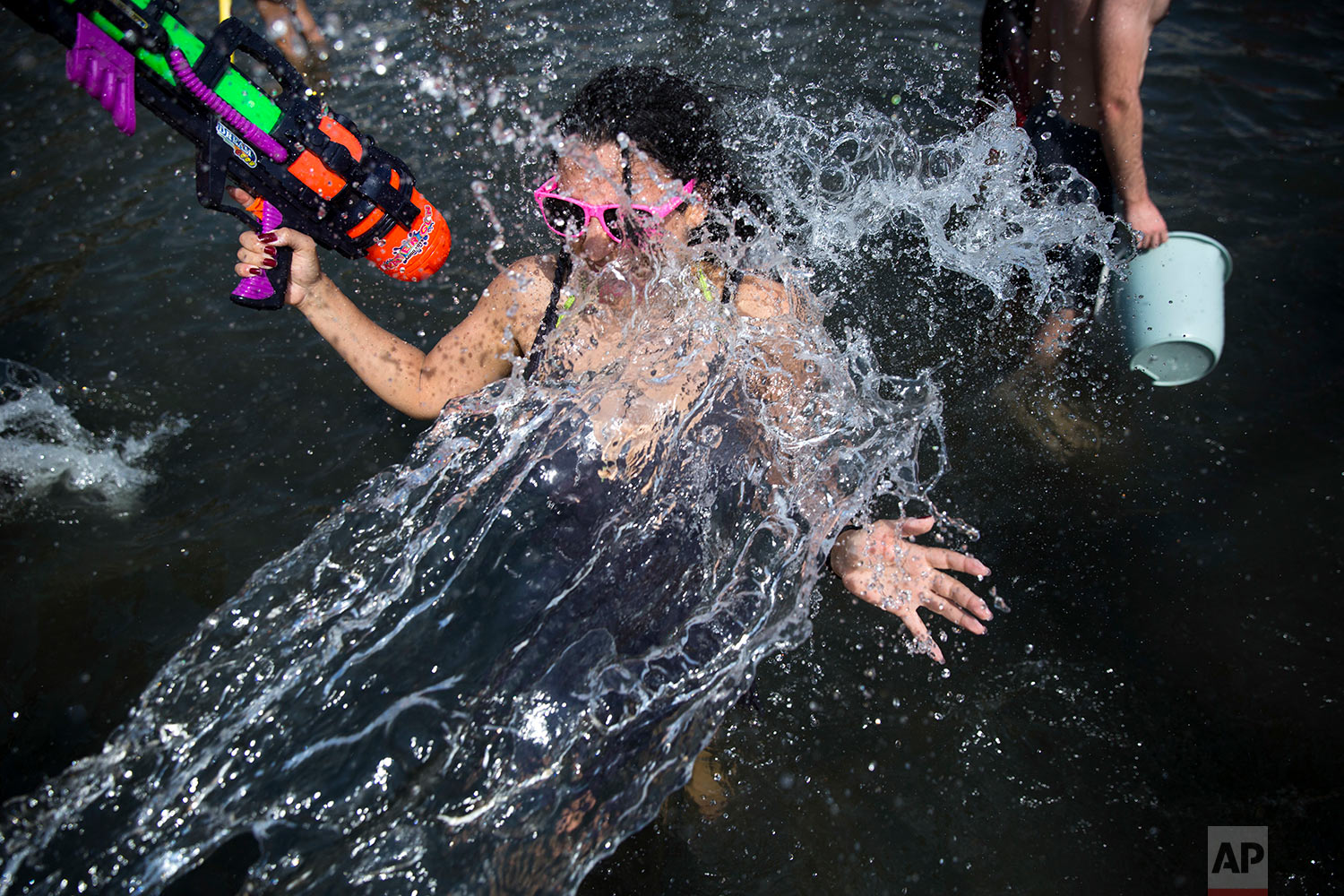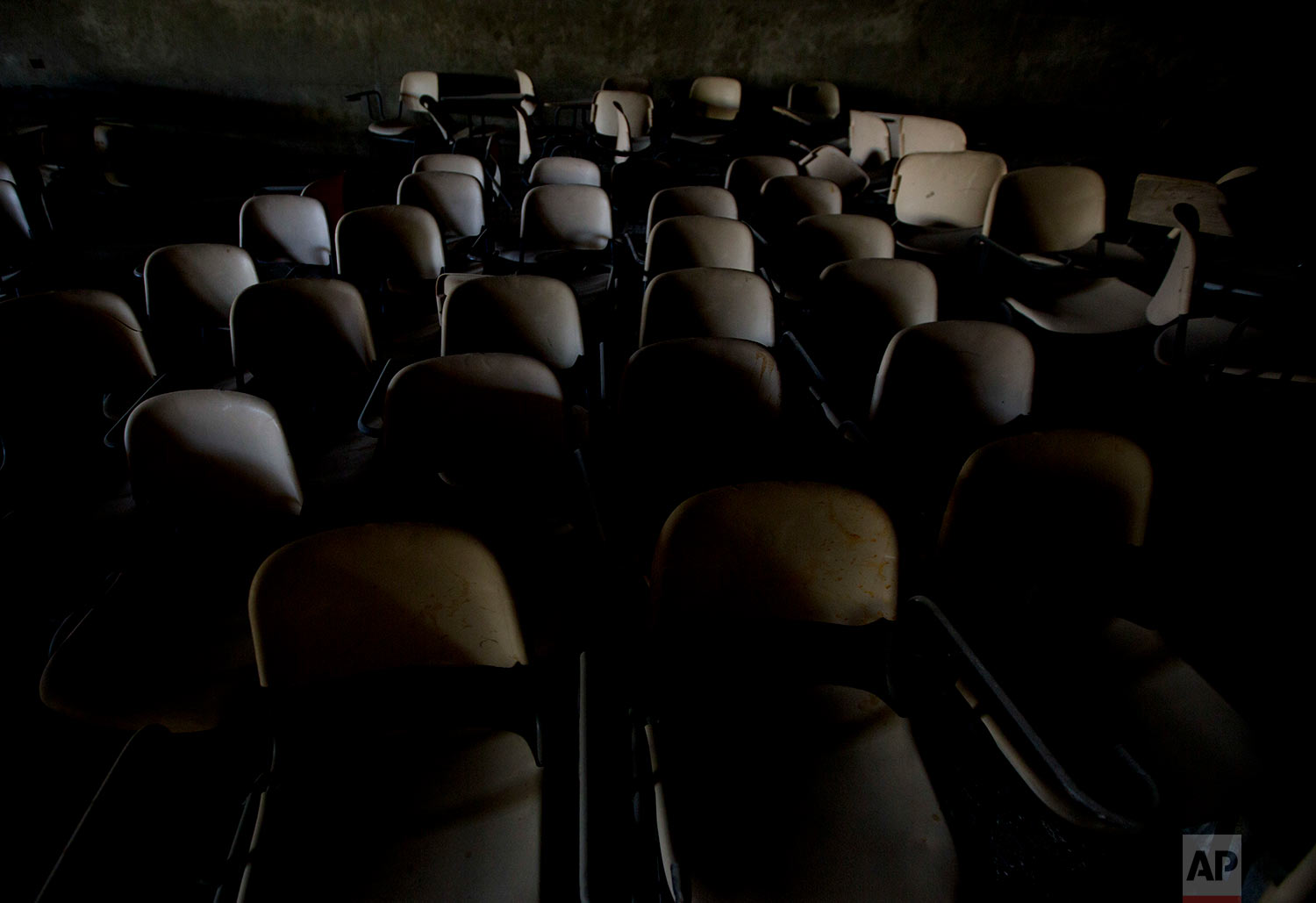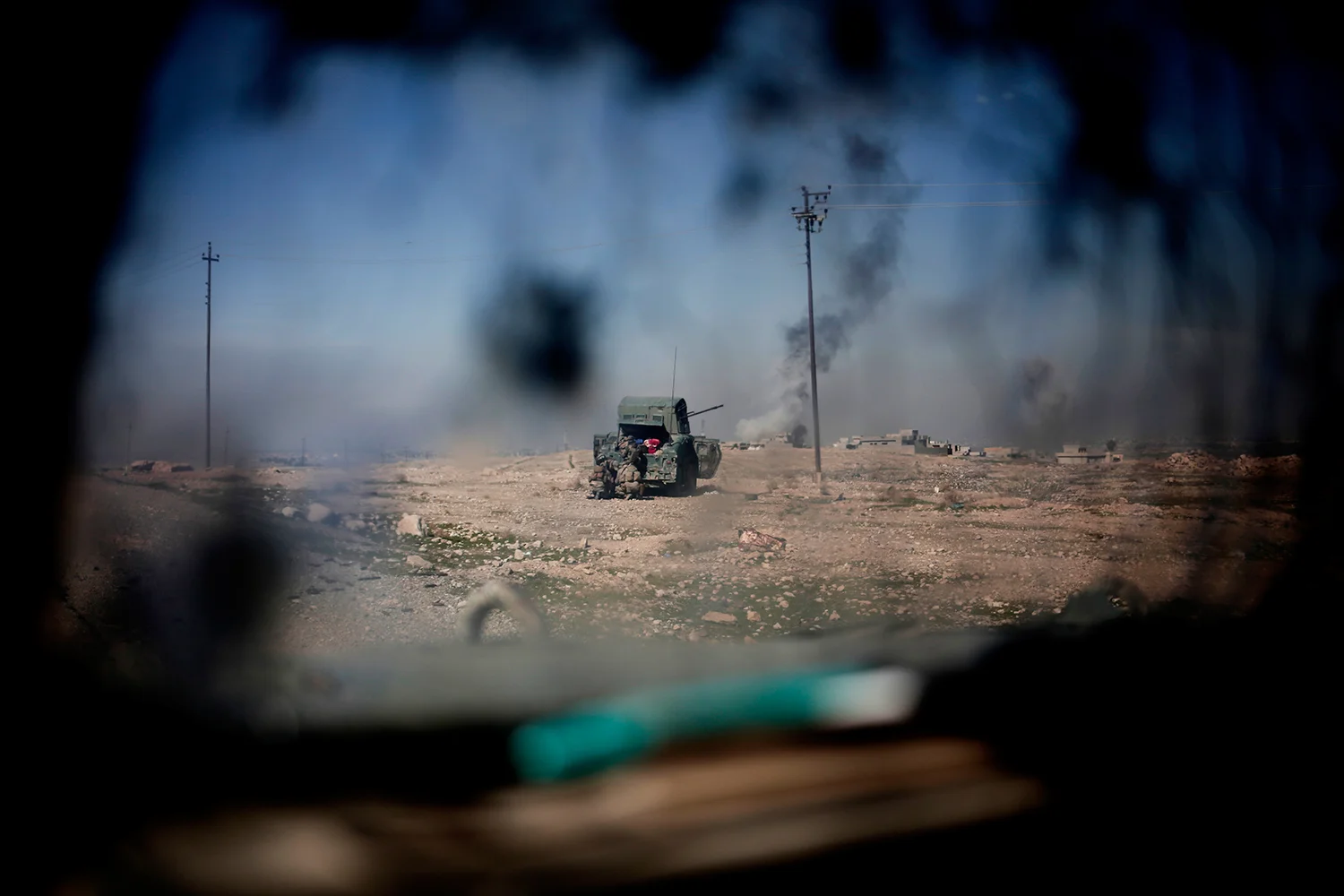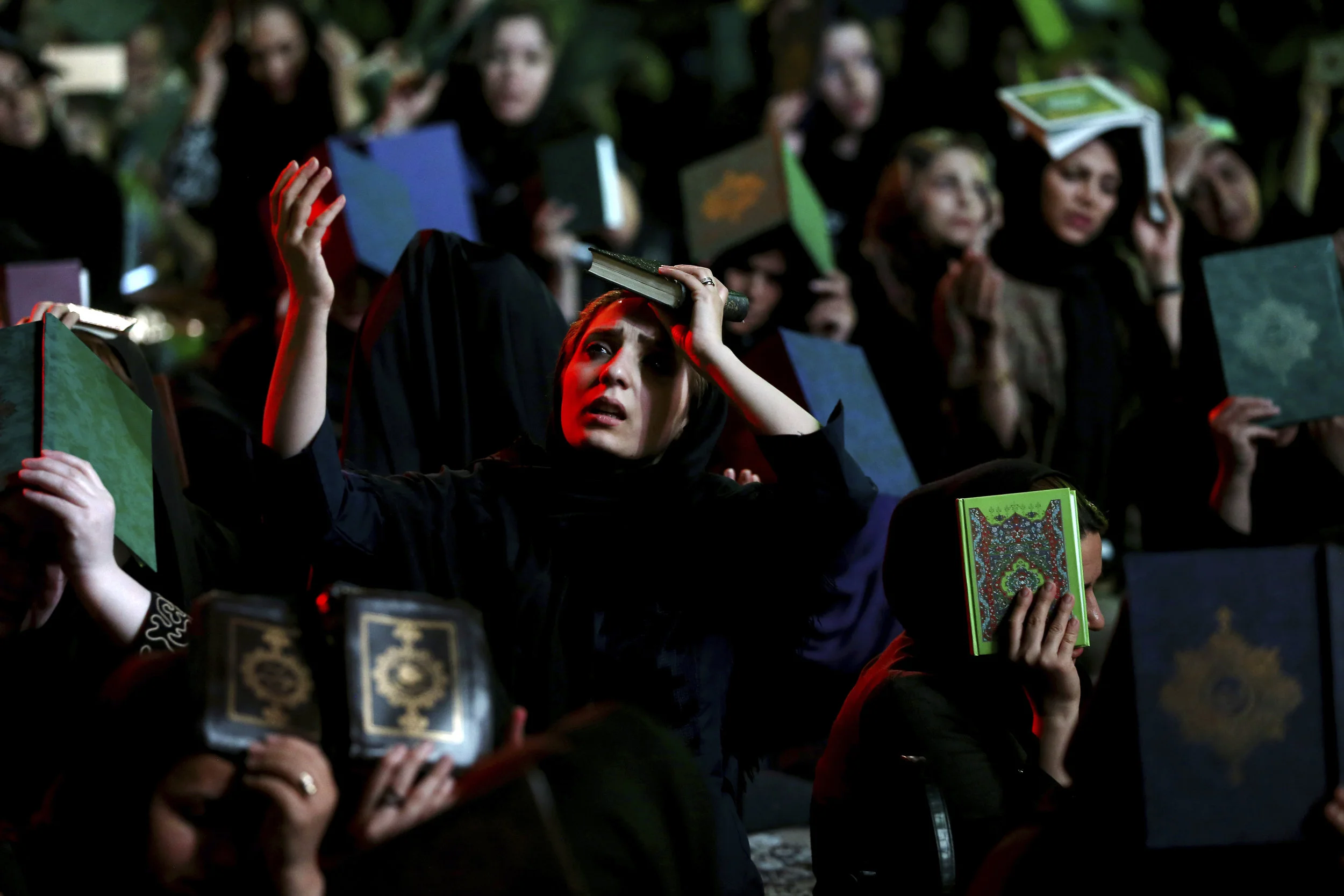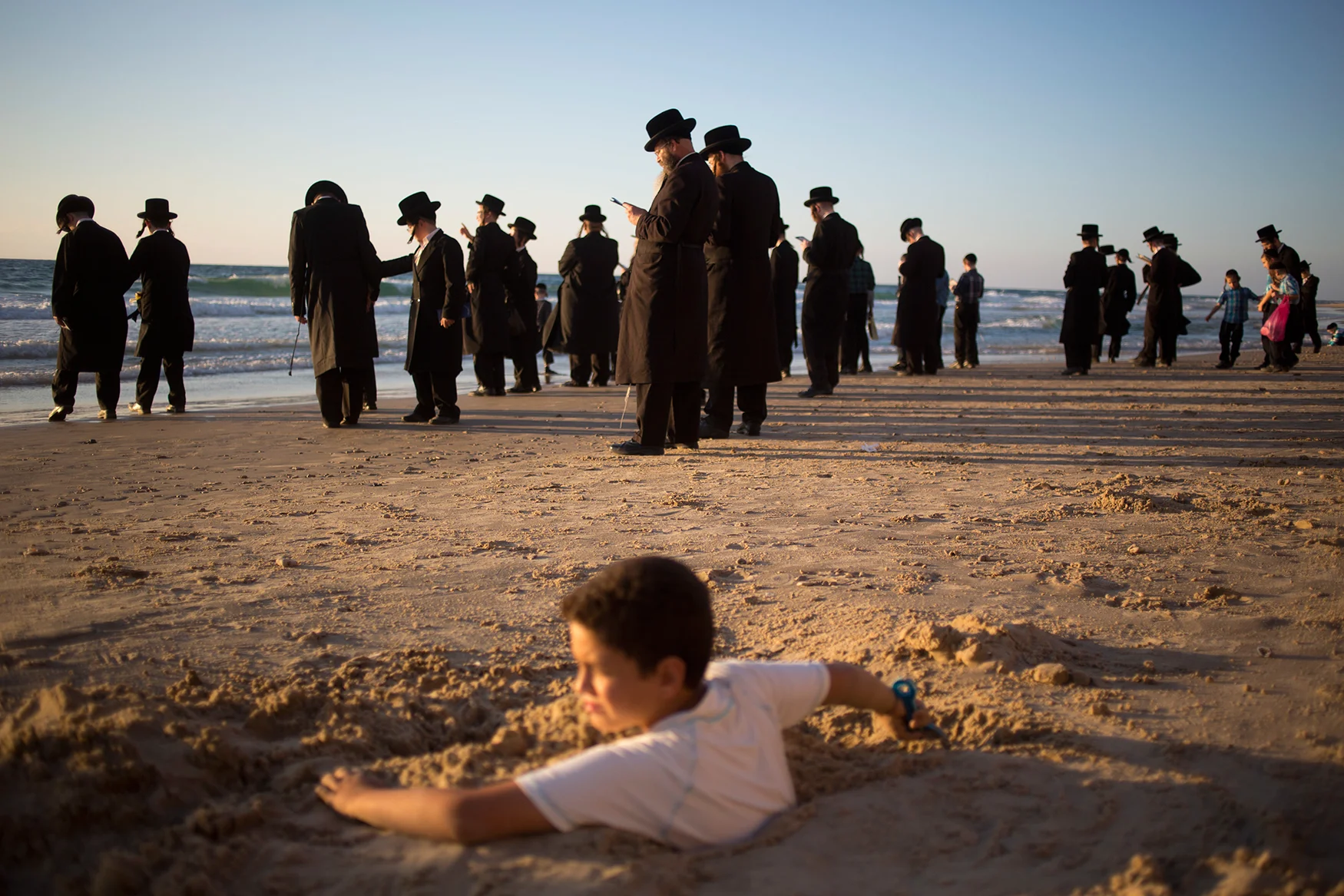Middle East in review

Middle East in Review is a monthly gallery that features some of the top photojournalism made by AP staff photographers and freelancers based in AP’s Middle East, Afghanistan & Pakistan region.
In this month’s selection, Middle East Regional Photo Editor Maya Alleruzzo shares some of July’s highlights.
In Egypt, the world of Nubians’ parents and grandparents was turned upside down more than 50 years ago when they were evacuated from villages along the Nile River to make way for the High Dam. Now a younger generation has revived the long-dormant cause of Egypt’s Nubians, campaigning for a return to their lands and struggling to preserve their culture.
In the West Bank, teenage Palestinian protester Ahed Tamimi vowed to keep demonstrating against the Israeli occupation and said she expects to have a “political future.”
Tamimi, 17, spoke to The Associated Press a day after she was released from Israeli prison, where she served an eight-month sentence for slapping two Israeli soldiers in an incident captured on film that made her an icon among Palestinians and their supporters.
She said she hopes to pursue a law degree in order to document human rights violations.
“I would like to be lawyer to convey the voice of my country and the message of my people,” Tamimi said. “I expect to have a political future,” she added.
The curly-haired 17-year-old struck the soldiers outside her West Bank home in frustration after learning that troops wounded a cousin in nearby clashes.
In the Middle East and across the globe, curiosity and awe have greeted a complete lunar eclipse, the longest one of this century and visible in much of the world.
The so-called “blood moon,” when it turns a deep red, was visible at different times in Australia, Africa, Asia, Europe and South America when the sun, Earth and moon lined up perfectly, casting Earth’s shadow on the moon.
The total eclipse lasted 1 hour and 43 minutes, with the entire event lasting closer to four hours.
In Pakistan, former cricket star Imran Khan, whose political party was formally declared the winner in the parliamentary election, has promised to fight corruption and help millions of impoverished citizens.
He says he also wants good relations with his neighbors and the United States, but also has leveled criticism against them.
Once a celebrity playboy, Khan now embraces conservative Islamic stands and keeps company with radical clerics who often espouse a philosophy that frightens Pakistan’s minorities. He calls for an Islamic welfare state that provides progress and education for the poor.
Curated by Middle East Regional Photo Editor Maya Alleruzzo
Visual artist and Journalist

